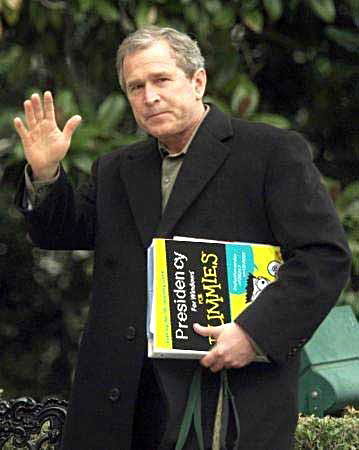The WSJ is now saying that those ‘talks’ between Microsoft and Yahoo are off. One wonders now if they were ever seriously on. Brier Dudley of the Seattle Times is wondering if there’s been any insider skullduggery. After all, Yahoo’s shares jumped after the NY Post published its ‘scoop’.
The New York Post owes everyone a good follow-up story.
You can’t just drop a bombshell that jerks around 80,000 Microsoft and Yahoo! employees, rocks Wall Street and then fizzles before the day is over.
The Post should investigate — and report — whether its anonymous investment banker sources made any money off the huge run in YHOO caused by its story.
If the Post doesn’t do this, the SEC might. We don’t need any more reporter subpoenas.
At the very least, the Post needs to go back to its sources and clarify if and when Microsoft and Yahoo! ended their latest round of merger discussions.
Did the talks end sometime Friday, after the Post story boosted YHOO?
Stay tuned.

